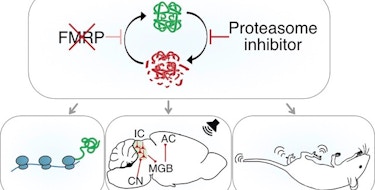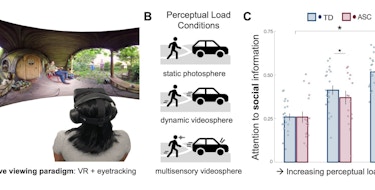Cognitive abilities may vary greatly in children with autism spectrum disorder (ASD). In large-scale research studies of ASD, researchers often need estimates of each participant’s cognitive ability to identify different levels of intellectual function and design appropriately matched comparisons between groups of individuals with ASD and neurotypical individuals. This allows for a better understanding of the similarities and differences in underlying neurobiology across the autism spectrum. However, formal in-person cognitive testing is not always possible in children with severe forms of ASD and is not equally accessible to all families, leading to many research studies with missing cognitive testing scores. To address the need for a method that assesses cognitive abilities in large-scale autism studies, SFARI Investigators Yufeng Shen and Wendy Chung, Chang “April” Shu and the SPARK Consortium recently developed a machine-learning model that allows predicting cognitive level based on information collected from parents.
Machine-learning techniques are able to uncover complex relationships between a large number of data points, which would otherwise be difficult to detect. Funded by the Simons Foundation, Shen, Chung and their colleagues developed and tested a machine-learning model with data collected online from parents of individuals enrolled in SPARK, an autism cohort supported by SFARI. Information provided by parents included medical and developmental history, age at ASD diagnosis, history of education services received and several standardized questionnaires.
Using machine-learning models, the researchers were able to predict the cognitive level of children with ASD based on the parent-reported information. The predictions of cognitive level, especially regarding the presence or absence of cognitive challenges, were also found to be highly accurate when compared against clinical IQ (intelligence quotient) scores available for a subset of the participants. These findings offer a method for large-scale autism studies to be able to estimate cognitive ability and to allow inclusion of more severely affected children or underserved populations for whom cognitive testing may not be available.
Reference(s)
Imputing cognitive impairment in SPARK, a large autism cohort.
Shu C., Green Snyder L., Shen Y., Chung W.


